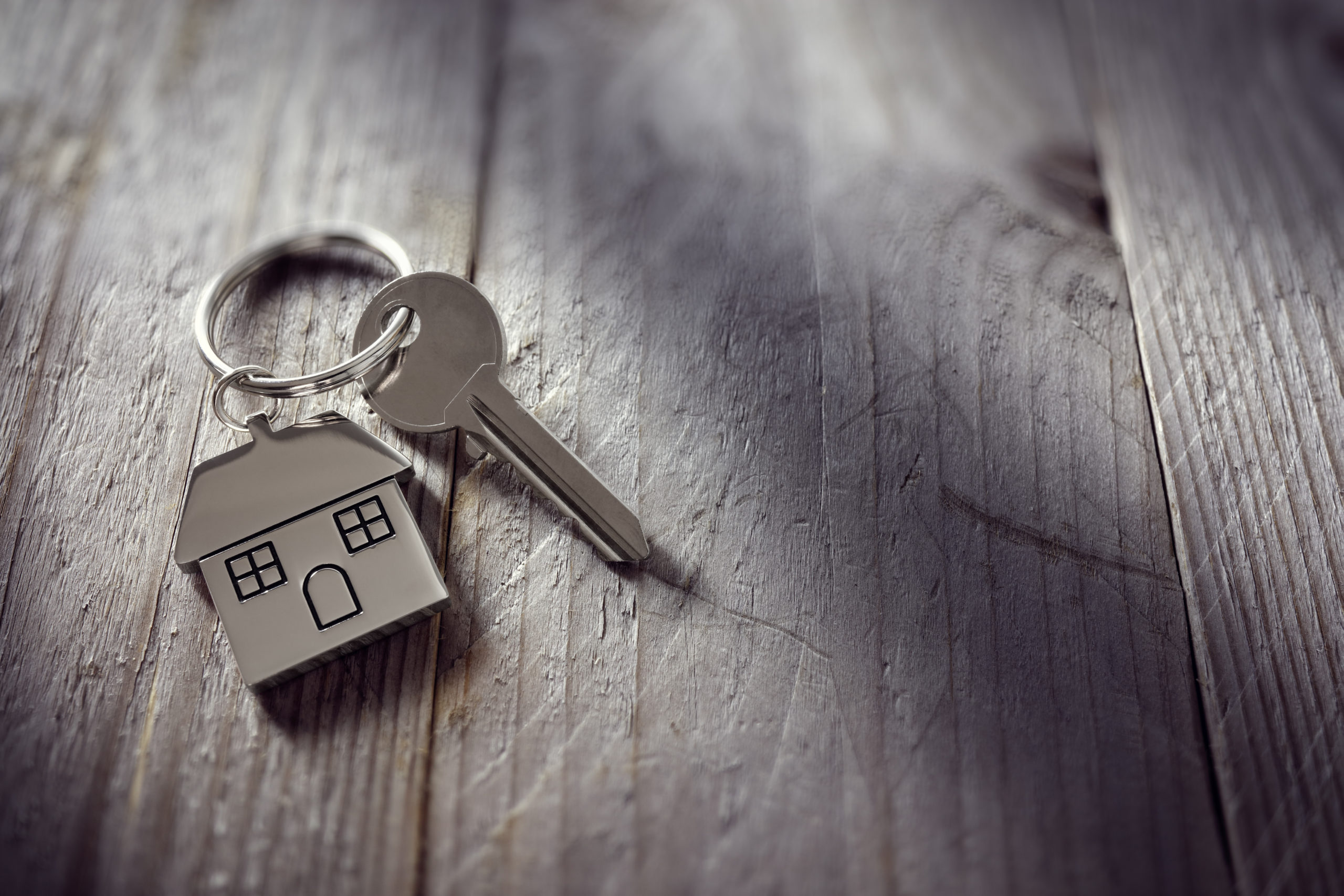Are you tired of your landlord, apartment dwelling, and all the rules and regulations that come along with renting? It may be time you considered buying your own home.
Purchasing a home is a huge life accomplishment, so many people will wait until they are “good and ready”, but there is a solid possibility you’re more ready than you may think.
Every Real Estate market is different, so depending on where you are looking you might want to focus on what, say, $300,000 can get you in Waco, TX vs. San Francisco. It is key to keep an open mind and be realistic when choosing to either rent or buy. It may make more sense in some cities versus others to rent over buying. Make sure you are looking at the average prices of homes in your area, and then check these 5 indicators off your list to know for sure if you are ready to buy.
1. You qualify for a mortgage based upon your salary
Your salary is the first thing to consider when looking into buying a home, however, you do not have to make six figures in order to afford a house! Lauren Anastasio is a financial planner with SoFi who has come up with this equation in order to determine a realistic mortgage amount:
Multiply your annual income by 2.5, and then add your down payment amount to that figure. Your total amount is the max mortgage you should shoot for.
For example, if you make $50,000 a year your mortgage is looking at about $125,000, plus what you can manage for your down payment.
Anastasio also urges you not to forget other housing expenses such as taxes, insurance and maintenance, and any HOA fees if applicable.
2. You can put down at least 3%
The “20%” down that most first-time home buyers hear about is not your only option.
The reason why most buyers have this figure in their head is because that is the minimum amount required to avoid paying private mortgage insurance, or PMI. However, most conventional loans require a minimum of 3% down, and FHA loans can require as low as 3.5% down. Also, if you are a veteran you can qualify for a VA loan with no down payment. Take a gander at the listings in your area and compare this information to what you have in your savings account. Your years of saving up might actually have paid off sooner than you might think.
3. You have little debt
You can still buy a home while you are paying off student loans, you do not have to be 100% debt-free. Sometimes, lenders like to see a little bit of debt because it shows that you are a responsible borrower. Of course, that includes having a history of making your payments on time.
With that being said, your current debt still shouldn’t exceed 7% of your monthly income. This is because lenders will not approve loans of more than 28% of a borrower’s monthly income. Additionally, they are legally prohibited to hand out mortgages that are equal to or more than 35%.
4. Your credit score is over 580
A perfect credit score is 850 and anything over 740 is considered great credit, however, it is not necessary to fall within this range to qualify for a loan.
The cutoff for most loans is 580, so as long as you have enough to cover the mortgage and debt payments, you will most likely qualify.
If your score falls below 700 you could be considered a risky investment so there could be some challenges there. But as long as your score is above 580 there is still hopes in getting an FHA loan or most other types of conventional loans. The minimum credit score required for an FHA loan is 580. If your credit is poor you may be required to pay PMI, but the benefits of owning a home outweigh the cons.
5. A starter home is within reach
The first home you buy does not have to be your forever home. A modest starter home is a great starting point even if you know you will eventually outgrow it.
Owning a home helps you build equity throughout the years, by either decreasing your debt or an increase in your property’s value. When it is time for you to move onto a bigger space, your equity will become a great asset that you can use in your next home purchase.
However, never buy outside your means. Always buy what you can afford and do not bank on the hope that you can later soon fill out the house.

